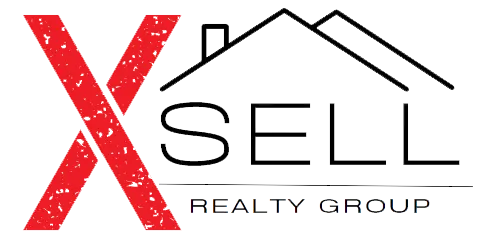Mortgage Calculator
*These are just estimated numbers, please get started with the loan application process to get your actual estimates.
OR
Fill-out the details below and generate estimated numbers
Why should I start my prequalification?
When you start looking for a home, both real estate agents and sellers will often require evidence that you've been in contact with a mortgage lender to ensure you can afford the home. Following prequalification, you'll typically receive a "prequalification letter" to present to an agent or seller as confirmation of your lender engagement. Although prequalification is a positive initial move, it generally holds less weight than preapproval since the lender hasn't verified your details. Moving past prequalification and obtaining preapproval from a loan officer is crucial, demonstrating your commitment to purchasing a home.
What’s a Mortgage Prequalification?
Prequalification involves a mortgage lender gathering basic financial details to estimate your home affordability. Receiving prequalification gives you a rough idea of your potential loan amount, aiding in setting a budget and narrowing down your home search. Unlike preapproval, prequalification often relies on self-reported information, offering an estimated amount rather than a firm figure. Preapproval, on the other hand, entails a more thorough review of your finances, including credit checks and document verification.
Do prequalifications and preapprovals refer to the same thing?
No, prequalifications provide a rough estimate of your potential mortgage amount without the need for a credit check or in-depth financial review. On the other hand, preapprovals offer a more precise estimate, detailing potential interest rates and loan amounts based on your credit score and financial status.
What's the point here?
Mortgage prequalification is a helpful method for gauging your affordable home price. A preapproval, however, goes a step further by verifying your submitted financial details to determine a more precise amount. Securing approval early in your home search is beneficial, aiding in pinpointing your ideal home and making you a standout candidate to sellers.
Made with ♥ by Smartfollowups © Copyright Realtorpompa.com. All Rights Reserved.



